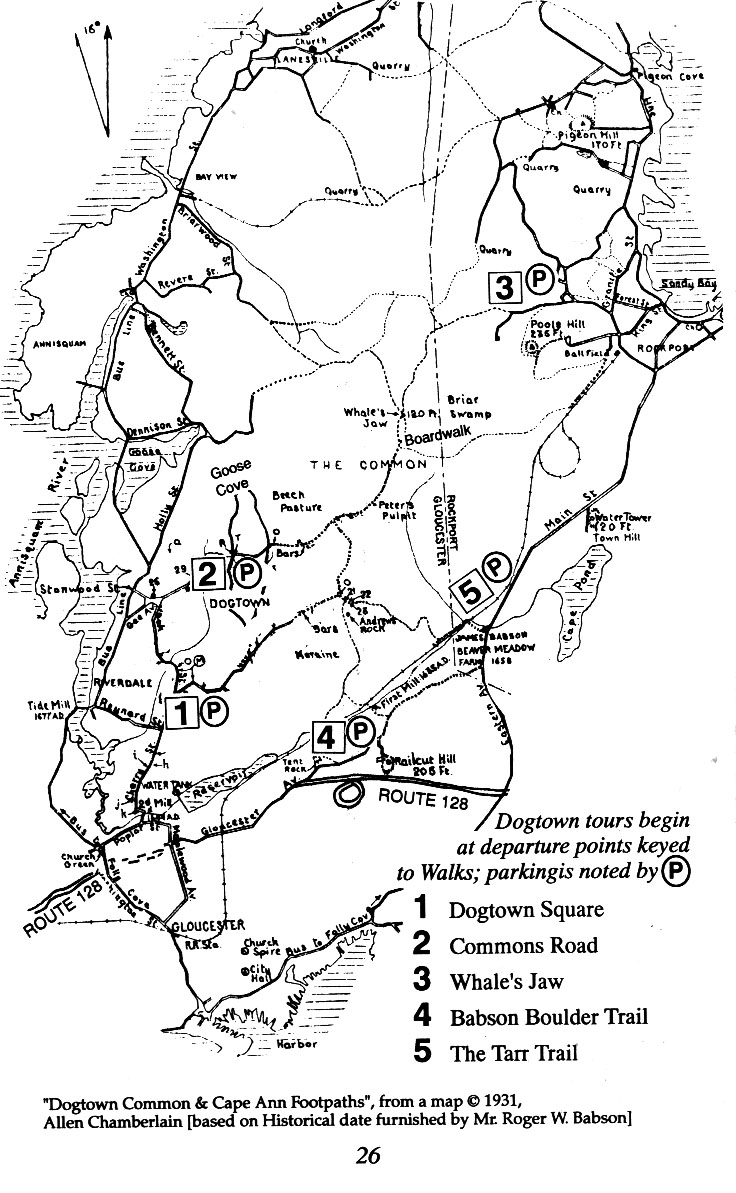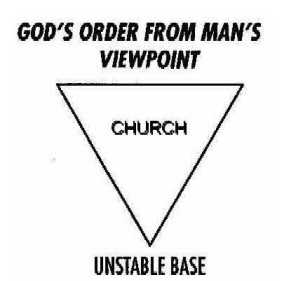

By May 1956 it was on stage, a few weeks later it was a hit, and the Court had arrived. Devine was approaching despair when – in an episode that has become one of the theatre's founding myths – he stumbled across John Osborne's Look Back in Anger, a fiercely unsentimental representation of those who had supposedly never had it so good. but a writer's theatre." The Court put out a call for new scripts – and received nearly 700 that were unproduceable. In words that still haunt British drama, he declared: "Ours is not to be a producer's theatre, nor an actor's theatre. There's a desire for stories that address where we are."Īs Royal Court manifestos go, this isn't a bad effort – if not, perhaps, up to the oratorical standards of Devine, whose opening salvo in March 1956 made the Times editorial page. " Jerusalem is a fantastic play, and it was a brilliant production, but the reason people queued around the block – literally around the block – was because it was talking about something happening here and now. Rylance's acting was acclaimed as the performance of a lifetime, but the play seized the public imagination, I venture, because it offered something far deeper: an essay on the muddled, muddied state of Englishness.Ĭooke agrees. The play starred Mark Rylance as Johnny "Rooster" Byron, a beer-gurgling, barnstorming braggart who lives in a caravan deep in the Wiltshire woods, harried on one side by council officials desperate to evict him, on the other by teenagers wanting drugs. Jerusalem in particular has become the emblem of everything the Royal Court has got right under Cooke – even if, as he's quick to point out, it was coaxed into life by his predecessor, Ian Rickson. In front of his desk sits a scale model of the animal that barged its way onstage during his rampageous 2007 production of Ionesco's Rhinoceros next to it is a memento from Jerusalem. Cooke immediately took most of them down ("I found it really intimidating"), but has gradually replaced them with modest trophies of his own. When Cooke moved in, five years ago, the walls were lined with photographs of the theatre's founding fathers. We are sitting in his spartan office overlooking Sloane Square. "It's not that I don't enjoy how it's going for us at the moment." "I'm pessimistic by nature, so I'm always thinking that around the corner there's a disaster looming." Then he looks worried that he's giving the wrong impression. "Very scary," he smiles warily, no doubt with Devine's words somewhere in mind.

The current artistic director, Dominic Cooke, looks anxious when I reel off this litany of success. No doubt it's tempting fate to say it currently seems invincible, but in two categories of last November's Evening Standard awards the theatre supplied every single name on the shortlist. After winning big at the 2010 Oliviers, the Royal Court was crowned London theatre of the year by the Stage newspaper. Last year began with not one but two consecutive transfers to the West End – for the first time since 1968 – and ended with the news that the theatre's production of Jez Butterworth's play Jerusalem was on its way to Broadway (where it will open in April). In the many years since Devine spoke those words, the Royal Court has weathered plenty of turbulence, but for the moment the theatre seems to have found, if not quite paradise, at least an earthly equivalent. "Plenty of bumps, many anxious glances at the fuel gauge, most of the time in thick stormy cloud." But the job offered a sliver of something brighter and, he concluded, something unique: "occasional, very occasional, glimpses of the nearest thing to paradise". "I can promise my successor adventurous flying," he proclaimed during his resignation speech in 1965.

George Devine, the founder of London's Royal Court theatre, had some words of aeronautical wisdom for anyone foolhardy enough to follow him as artistic director.


 0 kommentar(er)
0 kommentar(er)
